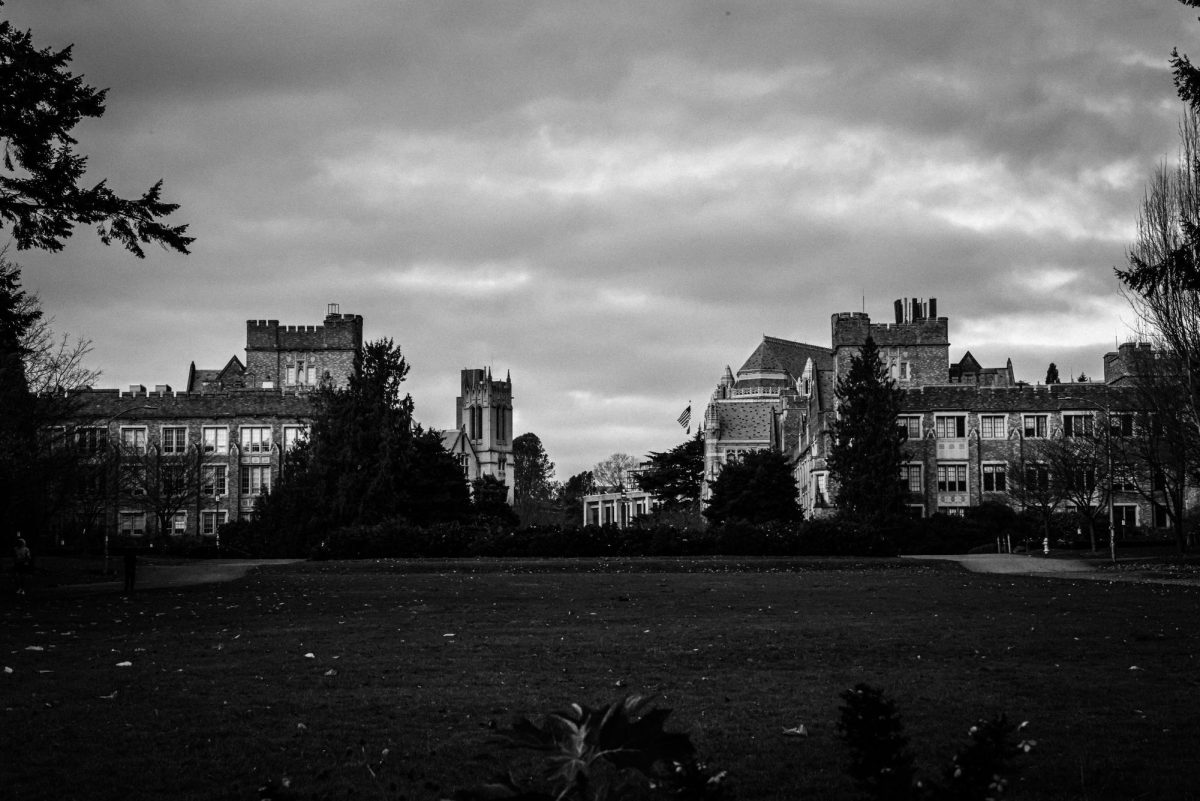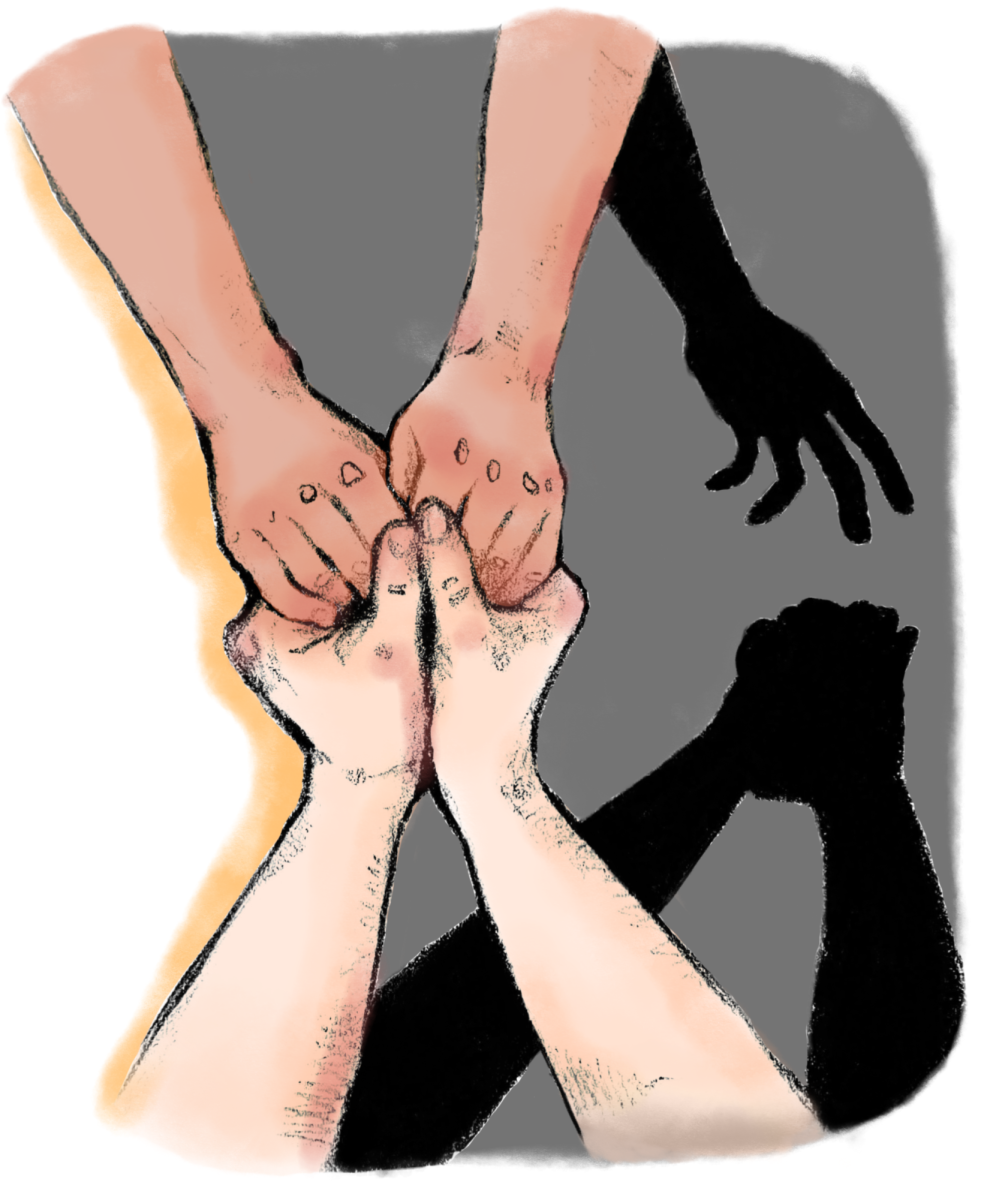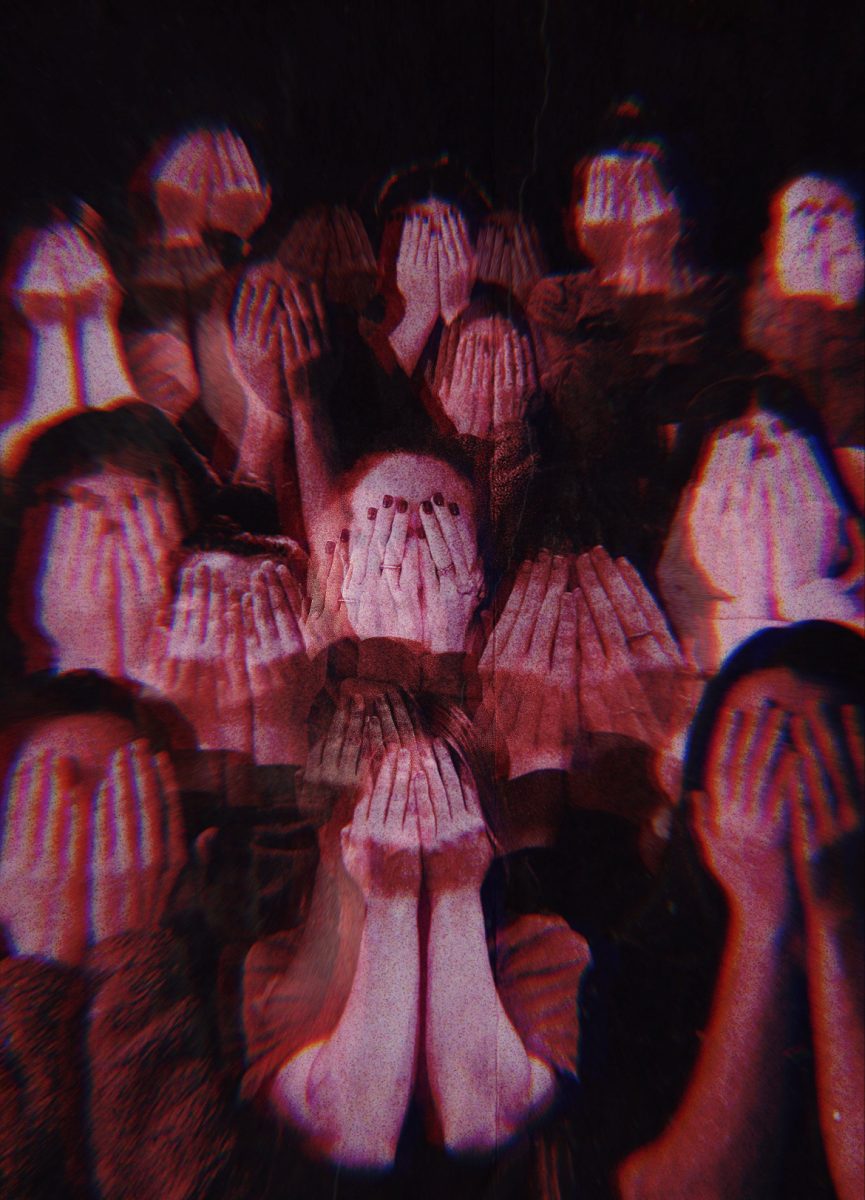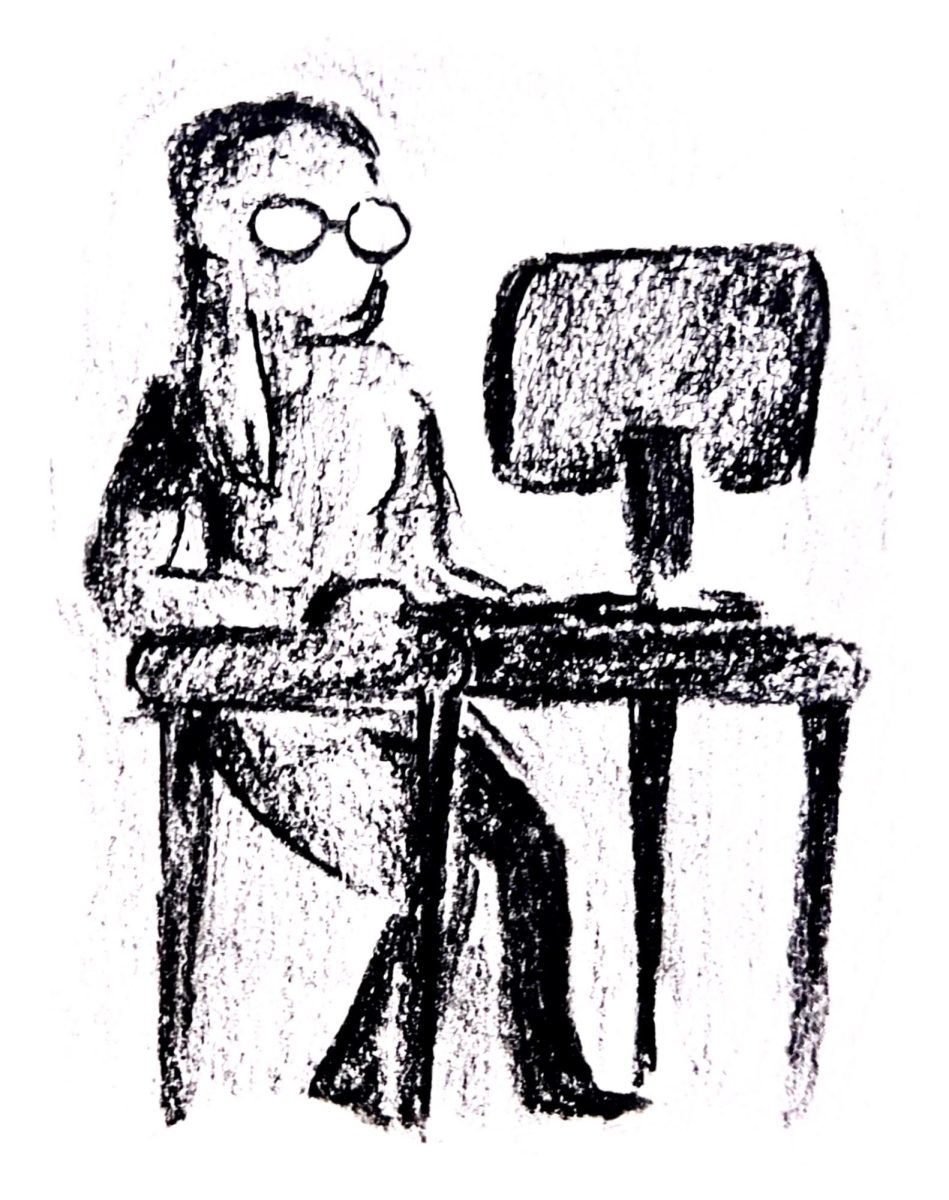In an article entitled “Gotta have Faith,” last week’s Pio looked at religion at Whitman. I write this week to amplify, clarify and correct certain elements of that article.
Let me begin by addressing the pie graph which appeared with the piece. The question: Is spirituality important to you? The accurate response among Whitties: 70% yes. 30% no. The Pio got these numbers backwards.
This might not ring true to some of you. After all, as Rosie Brownlow was quoted as saying, “Unless someone tells me otherwise, I assume they [Whitman students] are not religious.” To understand the statistic we need to remember that there is a distinction between religiousness and spirituality. 70% of you may report an importance of spirituality in your lives, while less than half of you enter Whitman with a particular religious affiliation.
So what’s spirituality? It’s hard to say exactly. Spiritual practices might range from praying, to hiking, to meditating, to playing an instrument. tend to think of it as engaging some of the “big questions”: What’s it all mean? Where do I fit in the world? How can I make a difference? To that end, it isn’t surprising to me that so many of you consider spirituality important. Indeed, I hope that engaging those questions is a significant part of your college experience.
It’s also worth noting that despite the 24 places of worship within a mile of Whitman’s campus, we live in the least religiously affiliated region in the country, the Pacific Northwest. Many of you are second or third generation non-religiously affiliated individuals. That is, not only do you not identify as religious, but neither did your parents, or even grandparents. This is a fact that a large portion of the country (non-Pacific North westerners) finds hard to believe.
So how does Whitman fit within the national trend? Contrary to the opening line of the Pio article, secularism is NOT a growing trend on college campuses. A 2004 national survey of 112,000 first year college students entitled “The Spiritual Life of College Students” and carried out by the University of California, Los Angeles’s Higher Education Research Institute, found that eight in ten students had an interest in spirituality. Follow ups have indicated that the trend continues. Due in large part to this study, colleges and universities around the country are reconstituting their religious life (chaplaincy) programs to meet the growing and changing needs of their students.
The Pio quoted me as saying that people tend to abandon their religious lifestyles at college, and the article may have given the impression that I see it as my primary role to keep that from happening. I am not comfortable with this portrayal. It is true that it isn’t uncommon for students to “take a break” from the religions of their younger years when they reach college. While I don’t believe that total abandonment is the prevailing behavior, I’m not terribly concerned by the practice. These “breaks” are often characterized by a time of questioning and discernment. As a person of faith and as a person committed to the intellectual pursuits of an academic institution, I encourage the processes of critique and examination.
Whitman strives to support religious and spiritual life on campus. The college does not, in my opinion, have a role to play in the promotion of religion or of any particular faith tradition. Rather, I understand “support” to mean that religious students should be able to engage in spiritual practices unhindered and that opportunities should be made available for individuals of all traditions to explore spirituality in new ways. Not only do colleges have the opportunity to support the spiritual development of their students, but I believe the college environment provides a unique opportunity to foster relationships and understanding across religious lines.
By in large, I’m pleased with the religious climate on campus. My sense is that issues of spirituality are increasingly part of the Whitman “conversation.” It is a conversation that I hope will be characterized not by a uniformity of opinion, but by a sense of civility, curiosity and spiritual openness.
-Adam Kirtley
Stuart Coordinator
of Religious and Spiritual Life








